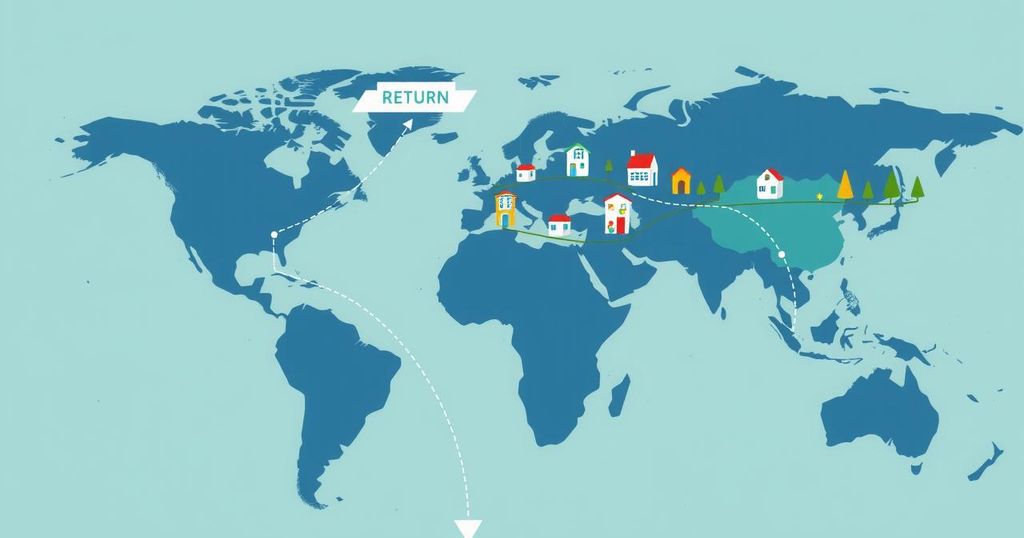Prime Minister Sitiveni Rabuka urges a bold shift in Fiji’s foreign policy, advocating for strategic independence beyond traditional alliances. He highlights the need for smaller countries to adapt to changes in global dynamics, particularly in light of US tariff adjustments. This approach aims to open new markets and opportunities for Fiji, while maintaining a diplomatic stance of neutrality.
Prime Minister Sitiveni Rabuka has made a notable call for a decisive shift in Fiji’s foreign policy, urging the nation to adopt a more independent approach that aligns with its national interests rather than clinging to traditional alliances. With a backdrop of escalating global tensions and regional security challenges, Rabuka articulated that it is essential for Fiji to mature in its diplomatic dealings.
“Traditional alliances were great, but every country must ‘come of age,’ grab their ‘key’ and move on with their lives without parental support,” he stated. He emphasized that it is timely for Fiji to act decisively and chart its own course in international relations.
In his recent column, ‘A Conversation with the PM’, Mr. Rabuka pointed out that shifts in US tariff policies have significantly impacted Fiji’s relationship with the United States, highlighting the need for smaller nations to engage in strategic maneuvering. He noted, “Fiji and other ‘traditional allies’ of the USA will have to do a lot of ‘strategic gymnastics’ to stay on the bars, maintain their balances and continue to ‘score points’ for themselves.”
Interestingly, the Prime Minister shared that the changes in tariffs have already influenced Fiji Water to consider new markets. This, he welcomed as a positive shift for business, stating, “The tariff announcement has now forced them to examine other destinations which will open up those new destinations to the ‘Fiji Brand’! Every challenge can be an opportunity!”
Despite advocating for this new direction, Rabuka reaffirmed Fiji’s long-standing diplomatic stance: “We will continue to be guided by our friends to all and enemy to none policy in foreign affairs.” His comments reflect a commitment to balance in an increasingly complex global landscape.
In summary, Prime Minister Sitiveni Rabuka’s call for a shift in Fiji’s foreign policy signifies a push towards greater independence and strategic decision-making. He emphasized the importance of moving beyond traditional alliances to better serve the country’s national interests. As global dynamics change, Fiji aims to leverage opportunities even amid challenges, while still adhering to its principle of welcoming all and antagonizing none.
Original Source: www.fijitimes.com.fj




